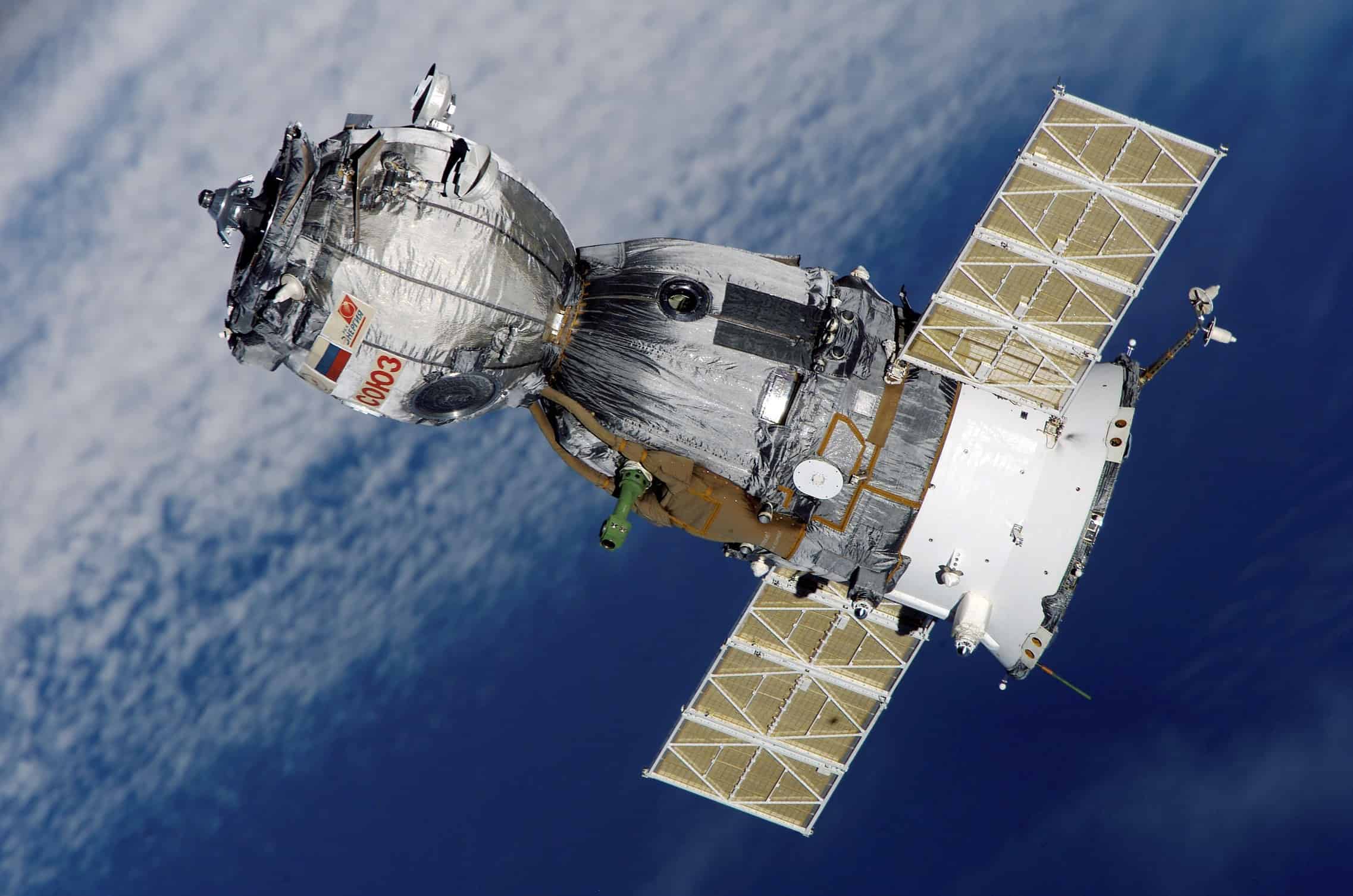
A multidisciplinary team led by researchers of the Institute for Systems and Robotics (ISR) of the Faculty of Sciences and Technology of the University of Coimbra (FCTUC) has explored new technological approaches to vineyard management, leading the way to the development of non-invasive and efficient monitoring systems that allow immediate and targeted action to be taken in the event of diseases and pests, improving production and reducing the harmful impact on the environment, writes the Portuguese university in a press release.
The study had the participation of researchers from the Institute for Systems Engineering and Computers (INESC Coimbra) and the Agrarian School of Coimbra (ESAC) in the scope of the project AI+Green – Intelligent Automation in Precise Agriculture, funded by MIT-Portugal and the Portuguese Foundation for Science and Technology, which aims to improve the accuracy and reliability of monitoring and detection of pests and diseases in vineyards.
Dual cameras helpful for vineyards monitoring
Three vineyards in the Centro region – Coimbra, Valdoeiro and Quinta de Baixo – managed according to conventional practices, but with different biophysical characteristics, were studied for 12 months. The approaches explored and tested by the scientists were based on Deep Learning systems (deep learning, artificial intelligence), using spatial-temporal information obtained through remote sensing (satellite) and drones.
The study presents good arguments for the use of a dual camera for data collection in vineyards – using an Unmanned Aerial System (UAS) equipped with a dual imaging sensor payload, namely a high-definition RGB camera and a five-band multispectral and thermal camera – contributing to the development of precision agriculture, because “promoting more efficient agriculture is essential to improve food quality and safety without compromising environmental sustainability. Although this sector has benefited in a modest way from technological advances in other sectors such as industry, robotics, intelligent vehicles, etc., it remains a predominantly manual and inefficient sector. Precision farming promotes the use of technology (software and hardware) in applications such as crop protection, monitoring and management.”, says Tiago Barros

Selected for you!
Innovation Origins is the European platform for innovation news. In addition to the many reports from our own editors in 15 European countries, we select the most important press releases from reliable sources. This way you can stay up to date on what is happening in the world of innovation. Are you or do you know an organization that should not be missing from our list of selected sources? Then report to our editorial team.





